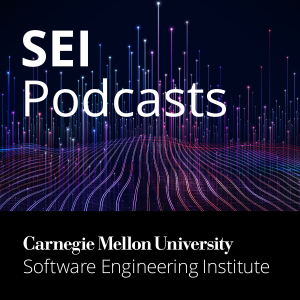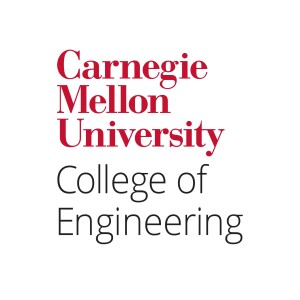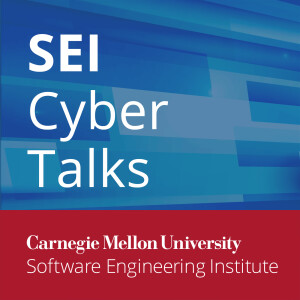Zero trust architecture has the potential to improve an enterprise’s security posture. There is still considerable uncertainty about the zero trust transformation process, however, as well as how zero trust architecture will ultimately appear in practice. Recent executive orders have accelerated the timeline for zero trust adoption in the federal sector, and many private-sector organizations are following suit. Researchers in the CERT Division at the Carnegie Mellon University Software Engineering Institute (SEI) hosted Zero Trust Industry Days to enable industry stakeholders to share information about implementing zero trust. In this SEI podcast, CERT researchers Matthew Nicolai and Nathaniel Richmond discuss five zero trust best practices identified during the two-day event, explain their significance, and provide commentary and analysis on ways to empower your organization’s zero trust transformation.
More Episodes
Moving Target Defense
 2016-11-30
2016-11-30
Improving Cybersecurity Through Cyber Intelligence
 2016-11-10
2016-11-10
A Requirement Specification Language for AADL
 2016-10-27
2016-10-27
Becoming a CISO: Formal and Informal Requirements
 2016-10-19
2016-10-19
Predicting Quality Assurance with Software Metrics and Security Methods
 2016-10-13
2016-10-13
Network Flow and Beyond
 2016-09-29
2016-09-29
A Community College Curriculum for Secure Software Development
 2016-09-15
2016-09-15
Security and the Internet of Things
 2016-08-25
2016-08-25
The SEI Fellow Series: Nancy Mead
 2016-08-10
2016-08-10
An Open Source Tool for Fault Tree Analysis
 2016-07-28
2016-07-28
Global Value Chain – An Expanded View of the ICT Supply Chain
 2016-07-18
2016-07-18
Intelligence Preparation for Operational Resilience
 2016-06-21
2016-06-21
Evolving Air Force Intelligence with Agile Techniques
 2016-05-26
2016-05-26
Threat Modeling and the Internet of Things
 2016-05-12
2016-05-12
Open Systems Architectures: When & Where to Be Closed
 2016-04-14
2016-04-14
Effective Reduction of Avoidable Complexity in Embedded Systems
 2016-03-18
2016-03-18
Toward Efficient and Effective Software Sustainment
 2016-03-18
2016-03-18
Quality Attribute Refinement and Allocation
 2016-03-08
2016-03-08
Is Java More Secure Than C?
 2016-02-19
2016-02-19
Identifying the Architectural Roots of Vulnerabilities
 2016-02-04
2016-02-04
Create your
podcast in
minutes
- Full-featured podcast site
- Unlimited storage and bandwidth
- Comprehensive podcast stats
- Distribute to Apple Podcasts, Spotify, and more
- Make money with your podcast
It is Free

- Privacy Policy
- Cookie Policy
- Terms of Use
- Consent Preferences
- Copyright © 2015-2024 Podbean.com



 iOS
iOS Android
Android

